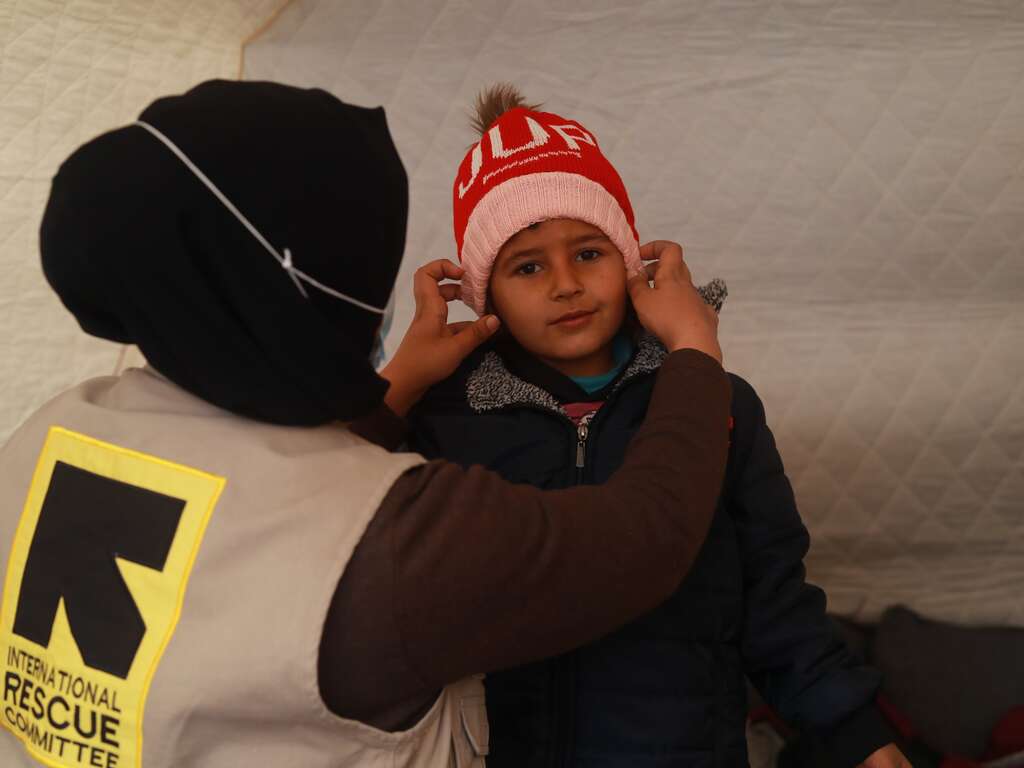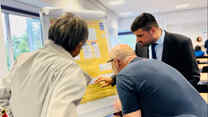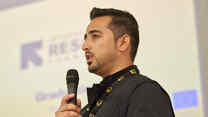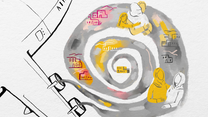For refugees and asylum seekers, finding safety and building a new life in the UK brings huge challenges. Having fled war, persecution, or disaster, refugees often have to leave behind their whole lives to start over.
The UK government can help refugees by making sure that integration support is delivered as soon as refugees arrive and incorporate job readiness training, increased language support, and access to childcare.
Here’s why refugees should be provided with more support to successfully integrate and contribute to their new communities.
Navigating an unfamiliar system
Once they overcome the challenge of securing refugee status, refugees are faced with learning a completely new system. They may not know how to enroll their children in school, access healthcare, find work or housing.
Without the tools and information they need to navigate their new country, refugees may struggle to rebuild their lives. This means UK society also misses out on the strengths and contributions of new citizens.
Wanting to work and contribute
Having a job allows refugees to build social and professional networks, take part in their community and contribute their valuable skills.
Some refugees might want to continue working in the same profession or learn something new, but face barriers like getting qualifications recognised, understanding UK hiring processes, and language challenges.
There are also challenges for recruiters which include job matching and understanding refugee documentation to prove the right to work.
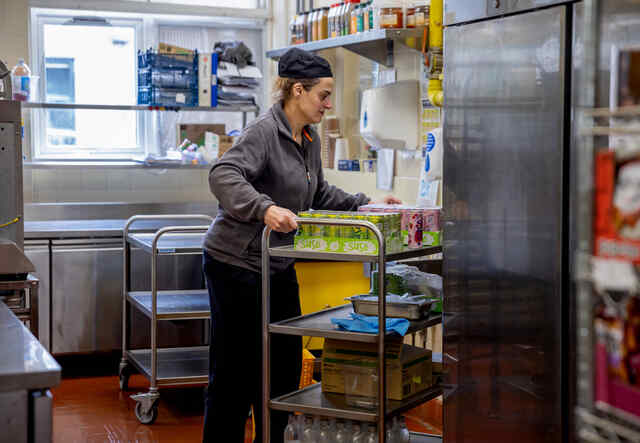
Bringing so much to new communities
When refugees are given the support they need to integrate, they contribute hugely to their communities.
IRC client Saghar, 27, signed up to 15 courses, including English and maths, after she arrived in the UK from Afghanistan in 2021. Saghar also volunteered with the British Red Cross for 10 months helping as an interpreter for refugees and is now studying her diploma in fashion design at a local college in Liverpool.
After just one month I went to college. I applied for like four or five courses at once. I want to be a professional fashion designer in my traditional Afghani dress. And also I like vintage style 1920s or 1950s. So I want to recreate this kind of style again and bring it into the current style.
Raising awareness of the importance of integration support
Saghar, who completed the IRC’s Leadership course, took to the streets of London to ask the public the most surprising things about British culture. The answers ranged from the queueing system, understanding sarcasm and the constant chatter about weather. As Saghar spoke about these British quirks, it highlighted the need for more support for refugees who are arriving in the UK for the first time.
The IRC offers a range of integration services for refugees including the Orientation for Newcomers course. This helps new arrivals navigate British systems, access services, peer mentoring and wellbeing support.
The course provides information on everything from how to book a doctor's appointment and access the NHS, to legal rights and what to do in an emergency. It also offers information on what children are being taught in UK schools and how parents can support them in their learning.
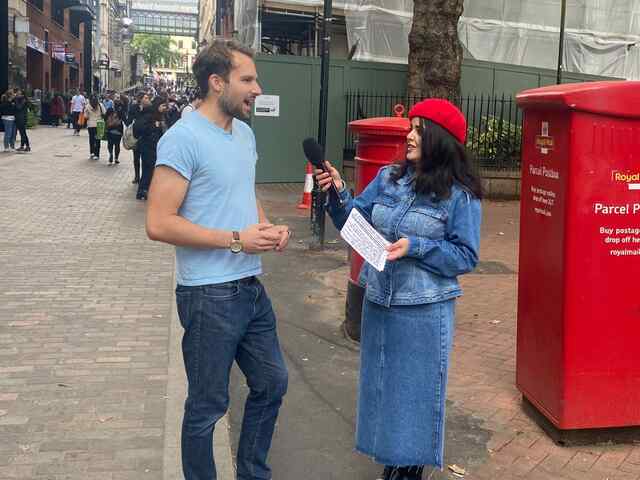
Our donor
The IRC has been providing integration support to refugees, under the RISE project, since January 2021. This work has been made possible due to EU Asylum, Migration and Integration Fund (AMIF) funding. AMIF in the UK is administered by the UK Responsible Authority (UKRA).
The funding was allocated under the EU’s 2014 to 2020 multiannual financial framework (MFF), which will conclude at the end of 2023. The IRC hopes to find alternative funding to continue to provide integration support to refugees in England.
What is the International Rescue Committee?
The International Rescue Committee responds to the world's worst humanitarian crises, including the conflict in Ukraine and the crisis in Afghanistan. We help to restore health, safety, education, economic wellbeing and power to people devastated by conflict and disaster. And we are proud to fight for a world where women and girls have an equal chance to succeed.
